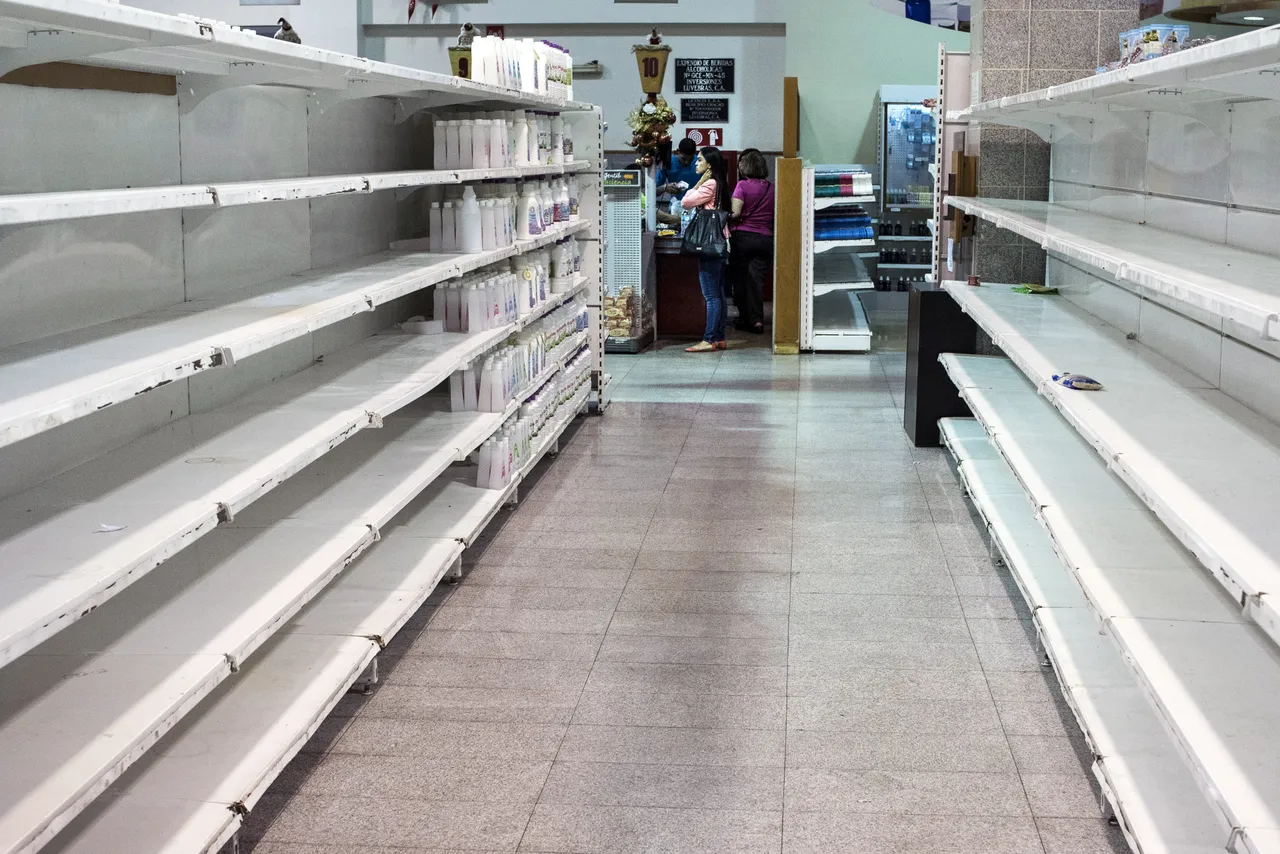Biden’s Green New Deal Costs Americans $300 Billion Extra for Gas Each Year
The Biden Administration’s failed economic policies are wreaking havoc on the economy, shifting blame onto corporations while gas prices soar and are expected to further rise throughout the summer.
Under President Green New Deal, families can expect to pay an additional $500–$1000 annually for the same amount of gas as they bought 2020. Nationwide, Americans are shelling out nearly $300 billion more each year to put gasoline in their cars compared to the last year of President Donald Trump’s administration in 2020.
And it’s going to get worse, with analysts predicting a further 16 percent surge in prices throughout the summer.
In total, Americans spent $279 billion on gas in 2020 compared to an astonishing $562 billion on gas in 2022—followed by $483 billion in 2023.
Gas prices averaged $2.39 the day Biden took office in Jan. 2021, thanks to President Trump’s pro-energy policies. Under Biden, they spiked to more than twicethat at $4.87 in mid-2022, a 116 percent increase. And though gas prices have fallen somewhat, they’re hovering around $3.53—significantly higher than at any point under the Trump administration.
President Joe Biden’s failed “green policies” shoulder much of the blame, as they continue to clash with dependable and economical energy sources like coal, natural gas, crude oil, and petroleum. Nonetheless, his administration refuses to accept any blame.
Americans are undeniably experiencing a strain on their finances, grappling with soaring gas prices and diminishing purchasing power due to inflation, and Biden’s policies have only further stretched Americans’ pocketbooks. Current poll results now indicate that a majority of Americans wish to return to the economy they experienced under Trump.
(NEW POLL: Wisconsin Voters Pine for Trump’s Roaring Economy)
Swing State Blues
Arizonans on average drive 12,800 miles per year. Under Biden they can expect to pay nearly $700 more per year on gas compared to 2020. Biden’s policies have left numerous Arizonans feeling abandoned, with a recent survey conducted by Steve Cortes’ League of American Workers revealing that 66 percent of residents attribute “some” or a “great deal” of responsibility to Biden’s administration.
An additional 53 percent reported they were better off under Trump.
In North Carolina, Wisconsin, and Pennsylvania, residents are spending over $600 more per year to travel between an average of 11,000 (Pennsylvania) and 15,000 (North Carolina and Wisconsin) miles. Another poll by the League of American Workers in North Carolina showed that 61 percent of residents disapprove of the economy under Biden and 53 percent say they were better off under Trump.
A Wisconsin poll by the same group showed 56 percent of residents disapprove of Biden’s economy and 54 percent said they were better off under Trump.
It’s undeniable that many of the Biden administration’s policies have penalized Americans. A national poll conducted by the New York Times in March 2024 showed 74 percent of Americans regard the economy as “fair” or “poor,” and, to no surprise, an astonishing 65 percent rated the economy as “good” under Trump when compared to Biden.
Despite widespread disdain among Americans of all persuasions concerning the economic state of the Union, Biden’s administration adamantly refuses to accept any responsibility—leaving many Americans wondering what is going on and asking if things will get better.
Biden Bucks Responsibility
Per usual, Biden prefers to blame anyone else for the consequences of his own policies—like when accused energy producers of unfairly raising prices in Sept. 2022, remarking at a White House business meeting that “oil and gas companies are still making record profits, billions of dollars in profits.”
He again tried to shift blame for inflation on companies in Jan. 2024, saying, “It’s time to stop the price gouging. Give the American consumer a break.”
Biden constantly blames producers, but his energy policies have single-handedly plunged the United States into energy poverty.
In 2021, Biden approved new regulations for the Environmental Protection Agency (EPA) which updated governance of methane emissions from oil and gas production, transmission, storage, and distribution—a decision that cost Americans nearly $1 billion.
Biden also signed a resolution that overturned Trump-era reforms to EPA oil and gas rules. The decision worsened our energy poverty and has had disproportionate impacts on small businesses.
Almost immediately after taking office, Biden shot down numerous oil and gas leases on federal lands and waters—effectively decreasing energy access for Americans. In turn, America rapidly shifted from a net exporter of oil under Trump to a net importer under Biden in 2022, making us more dependent on hostile oil-producing countries to fuel our economy.
The Biden administration also canceled the Keystone XL pipeline and suspended oil and gas leases in the Arctic National Wildlife Refuge—suggesting a preference for reliance on foreign oil imports, with American citizens bearing the brunt of the actual costs.
With gas prices projected to surge throughout the summer, Americans face an impending financial strain due to Biden’s prioritization of virtue-signaling “green” policies over public welfare.
As citizens grapple with affordability, the administration’s evasion of responsibility emphasizes an urgent need for new leadership. It’s time to vote Biden out.
(BIDENOMICS: Expect Biden’s Coming “Climate Emergency” to Obliterate Your Remaining Freedoms)



